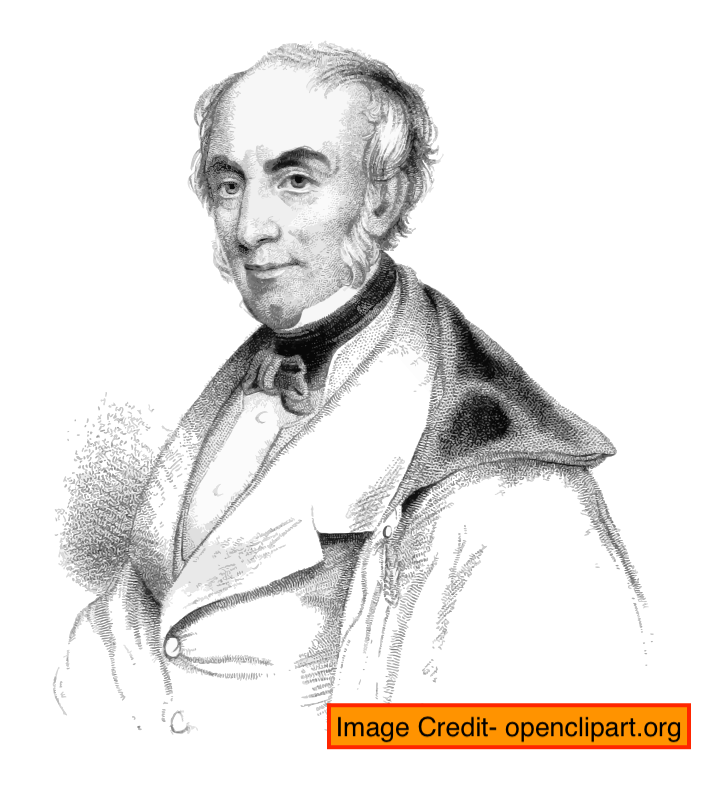
(info4now)- While Tintern Abbey is composed in a well knit texture to develop the theme of the poem, Ode on Intimations of Immortality from Recollection of Early Childhood, in many ways is just different. The loss of innocence with the marching of adulthood is not focused on developing the theme. Rather that loss and a confused recovery of the poet are scattered throughout the telling.
Summary of Ode on Intimations of Immortality
The first half written earlier deals with the beauty of nature and its acceptance is very hesitating. The poet lauds the physical beauty of the Rainbow, the Rose and the Moon, and at the same time he disqualifies it. He again starts taking care of the beauty of a number of ‘blessed creatures’. At the end of the fourth stanza, the poet again emphasizes the lost vision of a person.
The fifth stanza tries to connect with the fourth stanza with the introduction of a child who still didn’t lose that vision. A child with its immortal soul has the heavenly vision to delve deep into the beauty of nature. With its growing up on the earth, the earth takes away its innocence. In the sixth stanza, the poet makes the earth responsible for such distortion. She with the touches of a mother’s kisses makes the child feel the concrete love of this world. Stanza 7 brings back the innocence of early childhood and the child’s imitation of ‘palsied’ manhood.
In the next part of this Ode, the poet moves to the mundane world where he stills tries to establish the happiness of his childhood. He thinks that the child’s growing into adulthood mars its ‘heaven born freedom’. It loses its absolute power of penetrating the mystery of eternity. But the poet is thankful to his current situation as a man. He realizes that this state of his life, in fact, opens his eyes to feel the importance of a child’s vision. This stage is nothing but an illusion with only to wait for death. Only through meditation, he can reach the earlier vision again.
In the last portion, he again intensifies the difference between childhood and manhood regarding the appreciation of natural beauty. But this time he wishes to recreate the childhood vision through acceptance. He thinks that the good old days will inspire him to love nature in the mature days. With close observation of human sufferings, the poet developed a ‘philosophic mind’. He starts to think that nature still makes him think of its divine power. It makes him feel that the mighty bond between the poet and the heaven is undeniable.
Critical Analysis
The very start of Ode on Intimations of Immortality looks like that of Tintern Abbey, but with a different thought. The first part of Tintern Abbey recalls the childhood days with a comparatively happy mood. Here the poet immediately criticizes the change in nature i.e. the change of his vision. He continues to insist on the lost glories of nature. There is no ‘celestial light’. Natural beauty projected with vivid images gives the Ode a flowing start. But the ‘thought of grief’ in the absence of the poet’s straight love for nature slows it down. The expression ”where is it now, the glory and the dream?” is enough to interrupt the flow and to deep into slow progress.
Is The Child the best Philosopher?
The child can think in a greater way than a man. Whether the poet is right or not might be discovered in the poem itself. Man probably faces a lot of anxieties with his development in society. And finally he surrenders to the ultimate suffering leading to his death. The poet again and again tries to establish that the child has eternal knowledge and it needs no provocation to lose its heaven-born freedom.
A sobre Transformation
Even while criticizing the lost vision of childhood, the poet thinks that it gives him a chance to question himself. And he discovers that it might be ‘the fountain light of all our day’. The development of thought in the middle moves with the ups and downs graph of the composition as well.
Conclusion
A complete revision of the poem reveals that the poet is not just unhappy for the lost vision of his childhood. To reach the conclusion, he slips a bit, and does so deliberately and frequently with precise usages of dictions. But what he finally perceives is the necessity of meditation to recover that lost vision. A meditation to feel the immortality of the soul and of nature. Though the treatment of childhood knowledge is criticized over the years for the lack of universal appeal, the poet in Ode on Intimations of Immortality successfully handles it throughout the second half of the poem.
(The author is an independent literary critic and the article is from his complete personal views.)